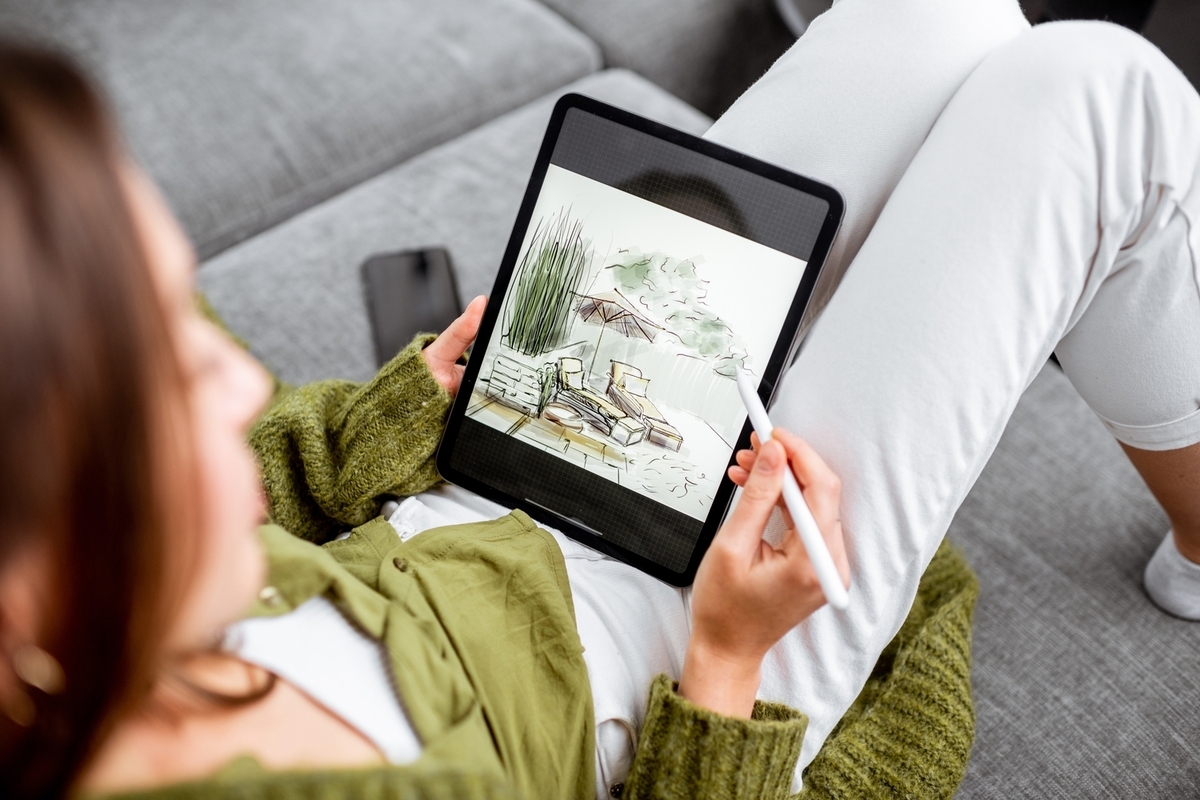The Ultimate Guide to Landscape Designing Tools: Transforming Outdoor Spaces
Landscape design is a unique fusion of art and science, involving a careful balance between aesthetics and functionality to create beautiful, practical outdoor spaces. Whether you are a professional landscape designer or a passionate hobbyist, the right tools can make a world of difference in executing your vision seamlessly. In this comprehensive guide, we will delve into the top landscape designing tools that can help you transform any outdoor space, making it both attractive and functional.
The Importance of Landscape Designing Tools
Landscaping encompasses an array of tasks, from planning and designing to executing and maintaining outdoor spaces. These tasks require various tools, each serving a specific purpose and streamlining the process to ensure efficiency and precision.

1. Accuracy: Precision in measurements and designs is crucial for creating harmonious outdoor spaces.
2. Efficiency: Tools can significantly speed up the design and implementation process, saving time and effort.
3. Creativity: Specialized tools can bring your creative ideas to life, allowing you to experiment with various design elements.
Essential Landscape Designing Tools
1. Sketching Tools
Traditional hand-drawn sketches remain a fundamental aspect of landscape design. Basic sketching tools include:
- Pencils and Pens: These are essential for creating initial drawings and adding fine details.
- Sketch Pads: A good quality sketch pad allows for multiple iterations of your designs.
2. Digital Design Software
In today’s digital age, landscape designers increasingly rely on software to create detailed, professional designs. Some top digital tools include:
- AutoCAD: A staple in the design industry, AutoCAD provides precise drafting and modeling capabilities, making it ideal for complex landscape designs.
- SketchUp: Known for its ease of use, SketchUp allows for quick 3D modeling and is perfect for creating detailed visualizations.
- Land F/X: An AutoCAD add-on tailored specifically for landscape architects, Land F/X offers specialized tools for irrigation, planting, and hardscape design.
3. Measurement Tools
Accurate measurements are crucial in landscape design. Essential measurement tools include:
- Tape Measure: A high-quality tape measure is indispensable for taking precise measurements on-site.
- Measuring Wheel: For larger areas, a measuring wheel provides a quick and efficient way to measure distances.
- Laser Distance Measurer: This modern tool uses laser technology to provide highly accurate distance measurements.
4. Plant Selection Tools
Selecting the right plants is a critical aspect of landscape design. Useful tools for plant selection include:
- Plant Database Software: Programs like PlantMaster offer detailed information on various plants, including growth habits, watering needs, and soil preferences.
- Plant Tags and Markers: When working on-site, plant tags help keep track of your plant selections and placements.
5. Visualization Tools
Visualizing the final design helps both designers and clients understand the proposed layout. Effective visualization tools include:
- Drones: Aerial footage captured by drones provides a unique perspective, helping visualize the landscape from above.
- 3D Rendering Software: Tools like Lumion or V-Ray enhance design presentations by creating realistic renderings of outdoor spaces.
6. Garden Planning Apps
Garden planning apps are increasingly popular for their accessibility and convenience. Popular options are:
- Garden Planner: This app allows users to design garden layouts, plan plant placements, and create detailed visualizations.
- Plan-a-Garden: Offered by Better Homes & Gardens, this tool helps you visualize your garden and make adjustments with ease.
Specialty Tools for Specific Tasks
1. Irrigation Design Tools
Proper irrigation is essential for maintaining healthy landscapes. Useful irrigation design tools include:
- Rain Bird Design Software: This tool helps design efficient irrigation systems tailored to specific landscapes.
- Irrigation Calculators: Online calculators help determine water needs based on plant types and climate conditions.
2. Hardscape Design Tools
Hardscape elements such as patios, walkways, and retaining walls require special consideration and tools. Key tools include:
- Paver Patterns Software: These programs assist in creating intricate paver patterns for various hardscape elements.
- Leveling Tools: A laser level or bubble level ensures that hardscape elements are installed evenly and accurately.
The right combination of landscape designing tools can greatly enhance the effectiveness and creativity of your projects. From traditional sketching tools to advanced digital software, each tool plays a vital role in bringing your landscape vision to life. Investing in these essential tools will not only streamline your workflow but also enrich the overall quality of your designs, ensuring that you create stunning and functional outdoor spaces.
As technology evolves, the landscape design industry continues to benefit from new and innovative tools. Staying updated with the latest tools and trends will ensure that you remain competitive and capable of delivering top-notch designs. Whether you are embarking on a small garden project or a large-scale landscape transformation, the tools outlined in this guide will serve as valuable assets in your journey to creating breathtaking outdoor spaces.

